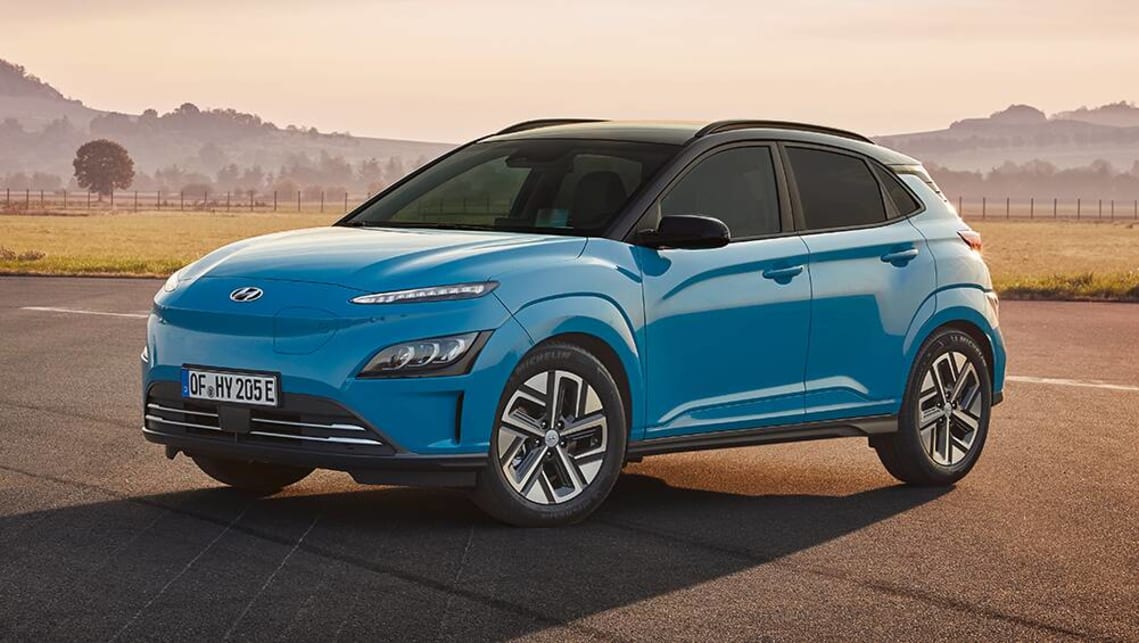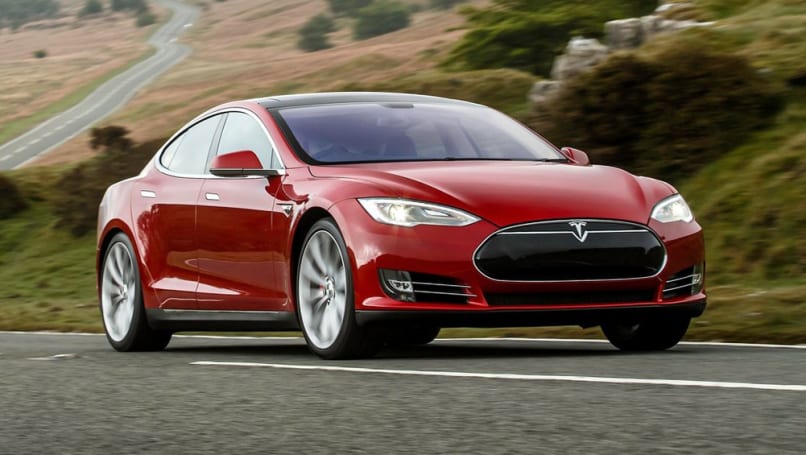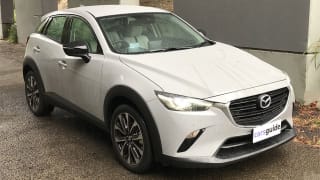
The pros and cons of electric cars

Sure, Elon Musk might make electric vehicles sound as exciting and incredible as the Millennium Falcon, but really, they're just cars, with a new, or at least less common, form of motive force.
In basic terms, an electric vehicle (EV) is a car that forgoes a common petrol-powered internal-combustion engine (ICE) for an electric motor powered by a rechargeable battery pack.
EVs are growing in popularity - just like Tesla shares - chiefly due to the fact they are more environmentally friendly. EVs produce no exhaust emissions, indeed they don't even have exhaust pipes, so they are obviously beneficial in terms of CO2.
Read more about electric cars
It's important to keep in mind, of course, that if you charge an EV using electricity from a coal-fired power plant, your contributions to CO2 overall still exist, but they are lessened.
Globally, over 10 million electric cars (EVs and PHEVs) were sold in 2022 - an increase of 55 per cent relative to 2021 - with China representing roughly half of global EV sales in 2022.
A lack of a strong national electrification policy and significant global stock issues means we’re a little slower on the uptake here in Australia - EV sales accounted for roughly four per cent of the overall market in 2022 - but interest in electric-powered cars and their benefits is steadily growing, looking to double in 2023.


Download the EVGuide Report, 2022
Australia's one-stop snapshot of all things relating to electric cars.
Advantages and disadvantages of electric cars
Pros
1) Environmental impact

The prime reason why electric cars are seen as the future, and likely the first bit of information you’ll hear when EVs are brought up, is the fact that they have a far less damaging environmental impact than petrol-powered cars. No internal combustion means zero exhaust emissions - a very important factor when you consider that a typical passenger vehicle emits about 4.6 metric tons of carbon dioxide per year.
This, of course, doesn’t mean that EVs have zero net emissions: the manufacturing of EVs still has a negative environmental impact, although some car companies are looking at ways to make EV production completely carbon neutral. Grid electricity used to charge EVs also involves fossil fuels, although there are ways to use clean, renewable energy, like solar and wind power to charge your EV, which really does make an impact to your personal carbon footprint.
2) Savings

Since EVs don’t run on petrol, you’ll be completely cutting out your fuel costs when you buy an electric car. Petrol and diesel-powered cars are rated by how many litres of fuel they use per 100km (litres/100km), whereas EVs are rated on how many kilowatt hours (kWh) are used per 100km. If you use the amount 0.25 cents per kWh as an Australian average, you’re looking at a total cost of $25 for 100km of travel. With petrol being on average around $2.00 per litre here, the savings you can make by going electric are substantial. Charge your car using solar power only, of course, from your own roof-top panels, and you can run your vehicle entirely for free. On sunlight. Amazing.
3) Maintenance

EVs have far fewer moving parts when compared to a petrol-fuelled ICE car, meaning they require far less in the way of maintenance. The battery, motor, and associated electronics require little to no regular upkeep, and there are far fewer fluids, like engine oil, to be worried about. EVs also use an energy-generating technology called regenerative braking, which places less wear on the brakes, meaning they’ll last a whole lot longer. The upshot? A huge reduction in long-term maintenance costs.
Cons
1) Cost

Due to the lower demand for EVs and relative lack of them on Australian roads, electric cars are still expensive when compared to similar ICE models. Car companies typically like to try and recoup some of the billions they spend on research and development, but the major reason for the high price tag is that because there are lower volumes of core EV parts like the battery and engine being made, the cost to manufacture them is much higher. In fact, the battery pack is the most expensive part of an EV - as the cost of battery manufacturing falls, EV prices will drop as well, to the point where they are directly competitive with petrol vehicles.
2) Range

One of the perceived problems with EVs is their lack of range, ie how far they can travel in kilometres on a fully charged battery. A Tesla Model S has a claimed range of approximately 652km from a single charge, and considering the average passenger car travels 36.4 km kilometres a day, that amount is more than enough to keep most people covered. Still, it’s not even half of what the diesel-powered Toyota LandCruiser Prado can achieve: its 150-litre fuel tank offers a whopping 1898.7km of travel. Although going that far on a single tank is hardly ever necessary, it does highlight that EVs still have a way to go in terms of range, and it’s one of the main reasons why electric cars are a bad option, according to some folk.
3) Lack of incentives

Other countries have gone above and beyond to introduce incentives to make buying EVs an attractive option. The UK offers free rego for all EVs that cost less than £40,000 ($73,600), and 35 per cent of that cost will be covered up to £3500 ($6440). The generous tax breaks for zero-emission cars in Norway have also led to that country being the first in the world to see EVs outsell ICE vehicles (2021 new car sales were made up of 65 per cent EVs and 22 per cent PHEVs). Here in Australia? So far, there has been a chaotic and largely state-based approach to incentives which are a moving target and seem to change on a near quarterly basis as Australia's jurisdictions struggle to keep up with electric car demand. To check out the current state of EV incentives in Australia, see our separate story here.
Incredibly, the Victorian government has implemented a 2.6c per km road tax on zero-emission vehicles like EVs, with NSW set to introduce a similar tax in 2027, although these state-based taxes could be headed the way of the dodo if this recent high court ruling is anything to go by.
Conclusion
Those who have to keep a closer eye on their bank balance may want to wait a few years before the price of EVs inevitably comes down. For those that can afford one, however, an EV is the smart choice, thanks to zero exhaust emissions and far lower maintenance and running costs, saving you - and the planet - unnecessary pain in the long run.










Comments